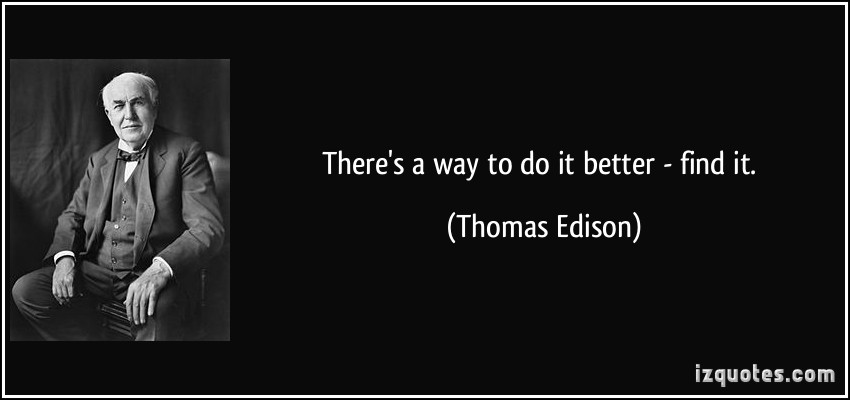When was the last time you asked yourself this very simple question?
or
When was the last time your HR, L&D and management teams reviewed current people capital outcomes, and the underlying processes, and then actively questioned whether there were potentially better options available via new/different technologies and processes?
It is clear that CEOs want their HR professionals to focus on business problems, not HR problems, and the first step to achieving this goal is to actively involve operational managers in the HR review process. Because it is the operational managers’ people problems that HR need to deliver, not what HR think operational managers need. The misalignment between the people capital needs of operational managers and what HR believe they should have is quite alarming in many organisations, especially those with more than 200 employees.
There is no doubt that everyone understands the importance of their people if they are to achieve the highest organisational success. The statistics are very clear, if you improve employee happiness and engagement levels, you will dramatically improve employee performance which delivers increased organisational revenue, profitability and customer service levels. The three things that business owners, shareholders and CEOs want every year.
Why is it then that so many managers and business owners only pay lip-service to improving their people capital when the rewards are so high?
The answer, I believe, is quite simple. Many management teams (C-Suite, HR, L&D, Managers & Supervisors) do not:
-
Have the unquestioning BELIEF that people are the most important asset in their business and they rarely ask themselves "Is there a better way" to select, retain, manage, coach and mentor these assets.
-
Allocate the required TIME to coach, mentor and performance manage their direct reports and do not ask themselves "Is there a better way" to increase individual and team performance.
- Ask themselves "Is there a better way" to spend the MONEY that is allocated to improving the performance and productivity of their people (75% of training does not improve employee performance – McKinsey & Co, 2015)
For decades organisations have been using the traditional selection process of resumes, references and interviews to select candidates principally based on their educational qualifications and experience. The only problem with this time honoured approach is that:
- Greater than 60% of resumes contain blatant untruths,
- Most referees will not provide an honest and accurate opinion of a past employee due to the risk of legal action,
- Educational qualifications have been proven to not be a reliable or statistical predictor of future high performance in most roles,
- Experience is a relative concept; “20 years experience” could quite simply be 52 weeks of sub-standard performance repeated 20 times.
There are also many that have improved the selection process by incorporating skills testing and psychometric assessments. But we are now in the 21st century and people analytics has come a very long way over the last five years.
Whether you are currently using psychometrics or not, these new JobFit assessments and people analytics are able to measure a candidate’s “fit” to a particular role with a far higher degree of accuracy than the instruments you are currently using. They certainly warrant evaluation and review to ascertain whether they will deliver better results to what you are currently enjoying. In many cases these advanced people analytics improve the success rate of selecting future high performers by 300% over traditional selection processes and an improvement of 200% over traditional personality testing.
Another interesting article about doing things differently is 'Lessons of the Square Watermelon'.
By not continually questioning your current recruitment and performance management processes, you could well run the risk of missing opportunities that would have delivered increased revenue, profitability, customer service levels and business growth
There is a better way!!
For further information on Peoplogica’s advanced people analytics, please contact us:
T: +61 2 9936 9000
